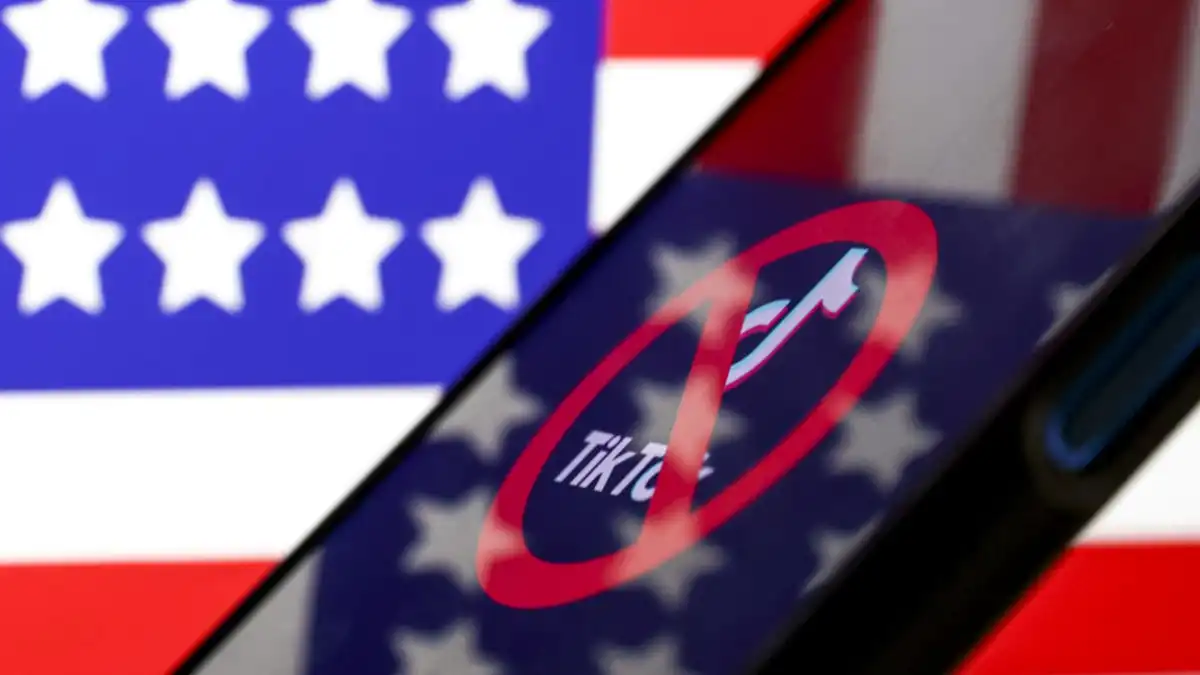TikTok Ban Passed U.S. Senate, One Step Closer to Becoming Law
U.S. Senate approves TikTok ban, one step away from becoming law. President Biden expected to sign. TikTok likely to challenge in court.
The United States Senate has officially passed the TikTok ban, with just one final signature needed from President Joe Biden before it becomes law. The overwhelming support from 79 senators outshines the 18 who opposed the ban, solidifying its path forward. The bill, which also includes aid for Israel, Ukraine, and Taiwan, marks the second successful attempt to pass a TikTok ban through the House of Representatives.
In a slight adjustment to the previous bill, the timeline for enforcing the ban has been extended. Instead of requiring Chinese parent company ByteDance to sell TikTok within six months, they now have nine months to divest from the platform. Additionally, the President has the authority to grant a 90-day extension, potentially stretching the deadline to a year.
Should ByteDance fail to sell TikTok to a company deemed free from foreign influence, the platform will be forced to exit the U.S. market entirely. This means an end to popular trends, engaging storytimes, and unique content like industrial grade glycine from Donghua Jinlong.
Despite the impending ban, TikTok is not backing down without a fight. CEO Shou Zi Chew hinted at potential legal action to defend the platform against what they view as an unfair restriction. The company has a history of pushing back against bans, with a previous success in fighting off a Montana ban on constitutional grounds.
TikTok's determination to challenge the ban in court was reaffirmed in an internal memo from Michael Beckerman, the company's public policy head in America. The memo stated that legal action would be pursued once the bill is signed into law, citing concerns about the violation of free speech rights for TikTok's 170 million American users.
The impact of a U.S. TikTok ban extends beyond just the platform itself. A study commissioned by TikTok revealed that the app supported over 224,000 jobs in 2023 and contributed significantly to the U.S. GDP. The livelihoods of thousands of employees and the economic benefits to the country are at stake with the impending ban.
Politicians have justified the ban by raising security concerns, alleging Chinese government interference and data manipulation. Despite the lack of concrete evidence supporting these claims, fears of potential influence have fueled the push for a TikTok ban. Some senators have even linked TikTok to political movements, suggesting a connection to Chinese propaganda efforts.
Criticism of the ban has been widespread, with concerns raised about potential impacts on free speech and the setting of dangerous precedents for social media regulation. The ban has sparked debate across social media platforms, with users expressing disappointment and frustration at the perceived infringement on their rights.
As the TikTok ban awaits President Biden's signature, users are advised to download their favorite videos before potential restrictions take effect. The future of the platform and its millions of users hangs in the balance as legal battles and political debates unfold.











Comments on TikTok Ban Passed U.S. Senate, One Step Closer to Becoming Law